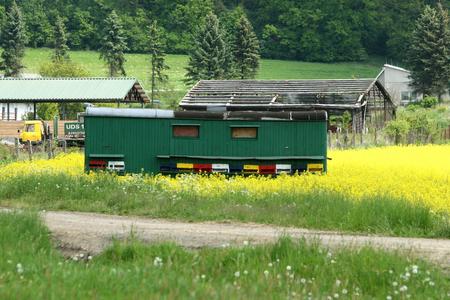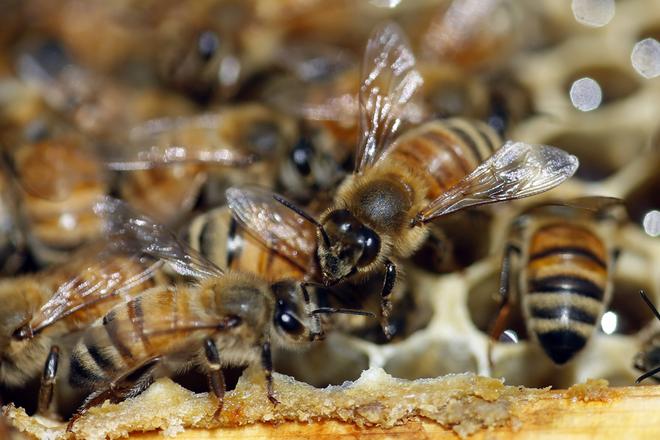On the occasion of World Bee Day, which falls on May 20 every year, Slovakia accepted the Slovenian invitation to join the event at Conway Hall in London. It presented the Centenary of Organised Beekeeping in Slovakia, with Branislav Novosedlík of the Slovak Beekeepers Union being present, as Slovak Ambassador to the UK Ľubomír Rehák wrote in a Twitter post.
Meanwhile, the bees in Slovakia face serious problems. Due to the recent warm weather without any rain, the Varroa destructor parasite multiplied, causing the death of bees across Slovakia, the Hospodárske Noviny daily reported.
11,000 bee colonies dead
The bees attacked by the parasite are less likely to resist viral diseases and their lifetime is shortened by a month or two. The combination of climate fluctuation, attacks by the parasite and wrong treatment resulted in the death of thousands of bees in some regions of southern Slovakia, Hospodárske Noviny wrote.
The Slovak Union of Beekeepers registered that as many as 11,000 bee colonies had died by the end of April. This represents almost 5 percent of the overall 232,000 winterised beehives of its members.

Among the most affected regions are Bratislava, Pezinok, Komárno, Nitra, Prievidza, Skalica, Šahy, Šaľa, Topoľčany, Želiezovce and other towns and villages mostly in the south of Slovakia. In some of these localities, there is about a 15 percent death-rate of bees, in other places it is even 20 percent, Hospodárske Noviny wrote.
Chemicals and weather are also problems
Milan Rusnák of the Slovak Union of Beekeepers said that chemicals used by farmers to kill insects could be the reason behind the death of the bees. The deaths are vaster at places with intense agricultural production. However, it is not possible to detect if the substance is present in the bees in laboratory tests.
The production of honey this year is not threatened, according to Rusnák, because over the nationwide average it is a common outage and in addition it has not touched all regions.
"Production is not affected by the death of 4 or 5 percent of bee colonies, but is affected by the weather," Rusnák explains, as quoted by Hospodárske Noviny.
The production of rape honey is threatened as a result of weather fluctuations and customers will also experience acacia breakdowns if the weather does not change for the better soon. According to beekeepers, 24 to 25 degrees Celsius is ideal for developing bees along with cloudy weather, according to the daily.



 (source: TASR/AP)
(source: TASR/AP)